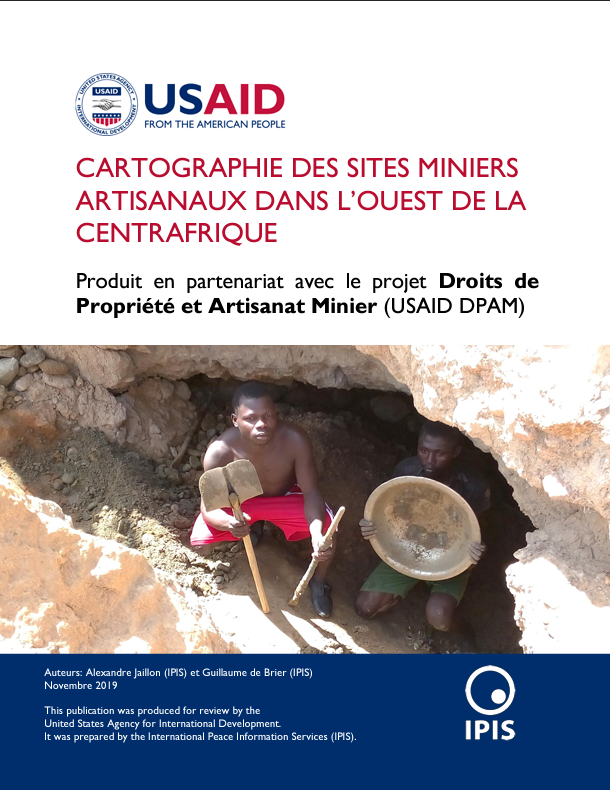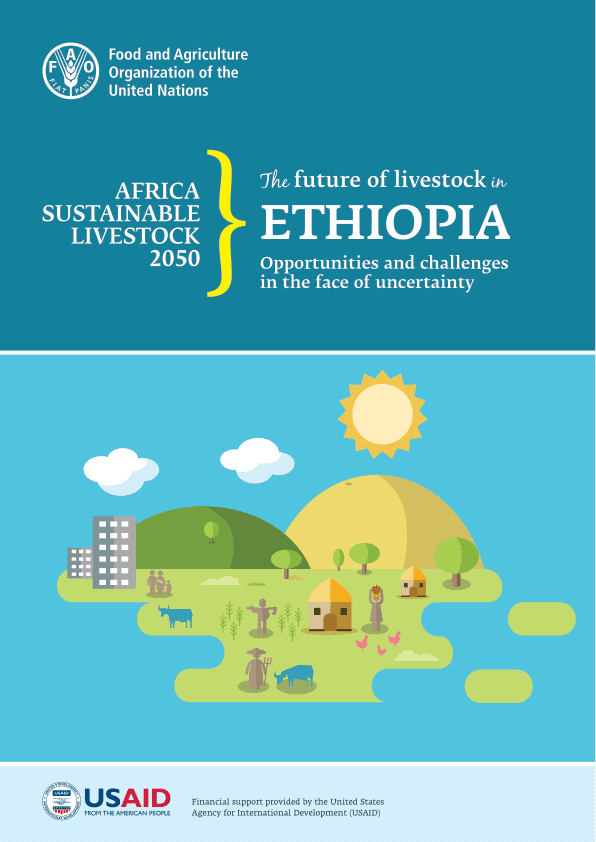Location
About Us
We envision a world in which land governance systems, both formal and informal, are effective, accessible, and responsive for all. This is possible when land tenure and property rights are recognized as critical development issues and when the United States Government and its development partners demonstrate consistent attention and a firm commitment to supporting coordinated policies and programs that clarify and strengthen the land tenure and property rights of all members of society, enabling broad-based economic growth, gender equality, reduced incidence of conflicts, enhanced food security, improved resilience to climate change, and effective natural resource management.
Mission Statement
The USAID Land Tenure and Resource Management (LTRM) Office will lead the United States Government to realize international efforts—in accordance with the U.S. Government’s Land Governance Policy—to clarify and strengthen the land tenure and property rights of all members of society—individuals, groups and legal entities, including those individuals and groups that are often marginalized, and the LTRM Office will help ensure that land governance systems are effective, accessible, and responsive. We will achieve this by testing innovative models for securing land tenure and property rights and disseminating best practice as it relates to securing land rights and improving resource governance within the USG and our development partners.
Members:
Resources
Displaying 6 - 10 of 440Property Rights and Resource Governance -Iraq
With some of the earliest known human settlements in the world, most of Iraq together with Kuwait, eastern Syria and southeastern Turkey constitute Mesopotamia, also referred to by historians as the ‘cradle of civilization’. Iraq has a surface area of approximately 437,072 square kilometers, making it slightly larger than twice the size of Idaho. It is bordered by Turkey to the north, Iran to the east, the Persian Gulf and Kuwait to the southeast, Saudi Arabia to the south, Jordan to the west, and Syria to the northwest.
Cartographie des sites miniers artisanaux dans l’ouest de la Centrafrique
Le présent rapport constitue un diagnostic du secteur minier artisanal dans l’ouest de la République de Centrafrique (RCA) et présente les enjeux de l’exploitation, du commerce et de l’exportation de l’or et des diamants. D’avril à juillet 2019, l’International Peace Information Service (IPIS), en partenariat avec les autorités locales, a réalisé une cartographie des sites miniers artisanaux dans l’ouest de la RCA. Au total, 322 sites ont été visité dans 7 préfectures.
The future of livestock in Ethiopia
Report: Risk & Resilience: Advancing Food and Nutrition Security in Nigeria through Feed the Future
This report examines the challenges and opportunities of Feed the Future, the U.S. government’s global hunger and food security initiative, working in the complex political, economic, environmental, and cultural context of Nigeria. With the initiative moving into its second phase, adding resilience as a strategic objective and including more fragile target countries like Nigeria, Feed the Future needs to evolve its model to meet the needs of the world’s most at-risk populations.
Customary Land Recognition: Zambian Approach to Documentation and Administration
From January 15 to February 6, 2018, the USAID’s Tenure and Global Climate Change Program and Land Portal Foundation co-facilitated a dialogue on experiences of documenting household and community-level customary rights in Zambia. The dialogue brought together the perspectives of government, traditional leaders, practitioners, civil society, and academics to consider how customary land documentation can contribute to national development goals and increased service delivery in rural and peri-urban areas.





